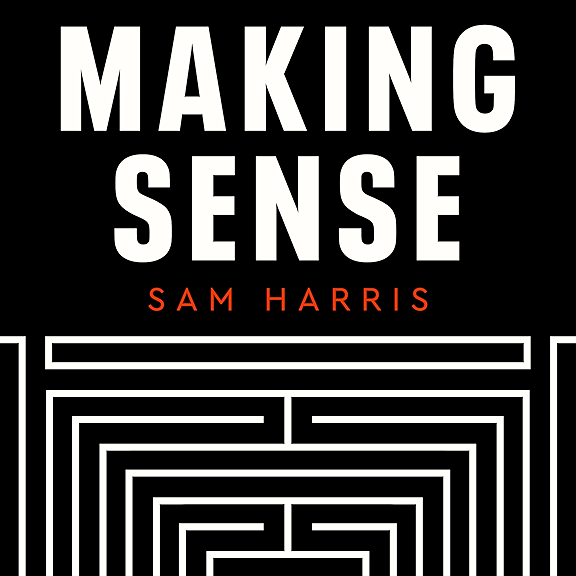
Summary
In this episode of Tree Lady Talks, host Sharon engages with Andrew Walton to explore the concept of forest gardens and their ecological and social benefits. They discuss the importance of nature analogous polyculture, which mimics natural ecosystems while providing food, fiber, and medicine. The conversation delves into the various layers of a forest garden, including canopy trees, shrubs, and herbaceous plants, and emphasizes the need for biodiversity and resilience in these systems. Andrew highlights the historical context of forest gardening, its potential for urban agriculture, and the importance of community involvement in food production. The episode concludes with examples of successful forest garden projects and the broader implications for biodiversity net gain in new developments.
Takeaways
Forest gardens can enhance biodiversity and ecosystem services.
Nature analogous polyculture mimics natural ecosystems for better yields.
Diversity in plant species increases resilience against pests and diseases.
Urban agriculture can reconnect people with food sources.
Historical practices inform modern forest gardening techniques.
Community involvement is crucial for successful forest gardens.
Forest gardens can be implemented in various scales, even small spaces.
Biodiversity net gain can integrate productive landscapes in developments.
Education about food origins is essential for healthier communities.
Forest gardens offer economic resilience by providing local food sources.
Chapters (Indicative timings)
00:00 Introduction to Forest Gardens
01:04 Understanding Nature Analogous Polyculture
05:22 Exploring Canopy and Sub-Canopy Species
09:01 The Importance of Shrub and Herbaceous Layers
15:01 Defining Productive Forest Gardens
20:09 Historical Context and Indigenous Knowledge
23:30 Resilience in Forest Gardens
28:15 Native vs. Non-Native Species
31:28 The Scale of Forest Gardens
34:13 Biodiversity Net Gain and Community Impact
39:30 Successful Examples of Forest Gardens
For more episodes in the Tree Lady Talks Archive click here.




















